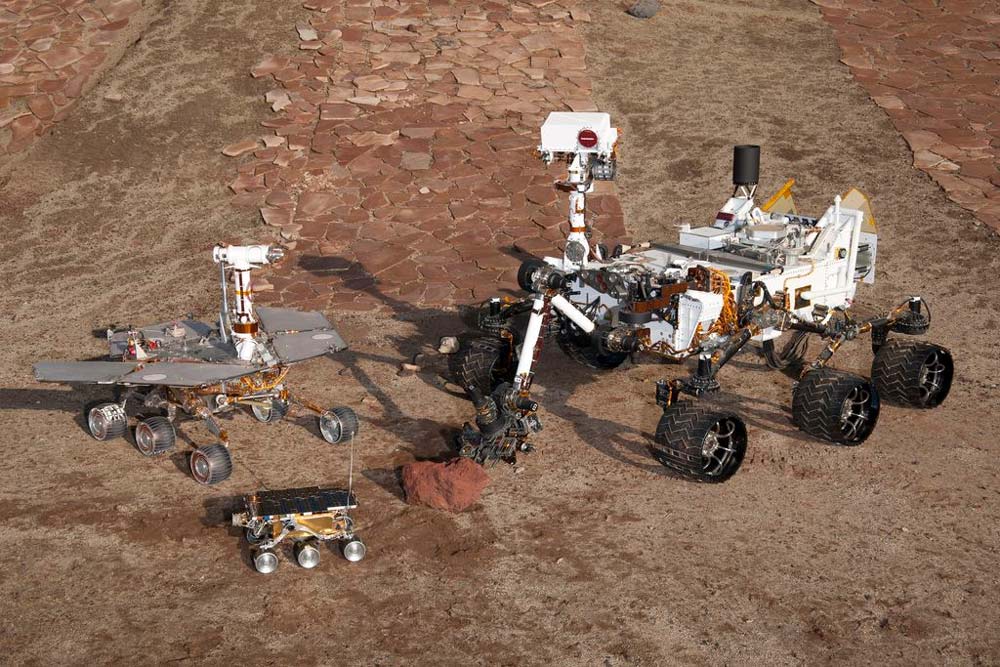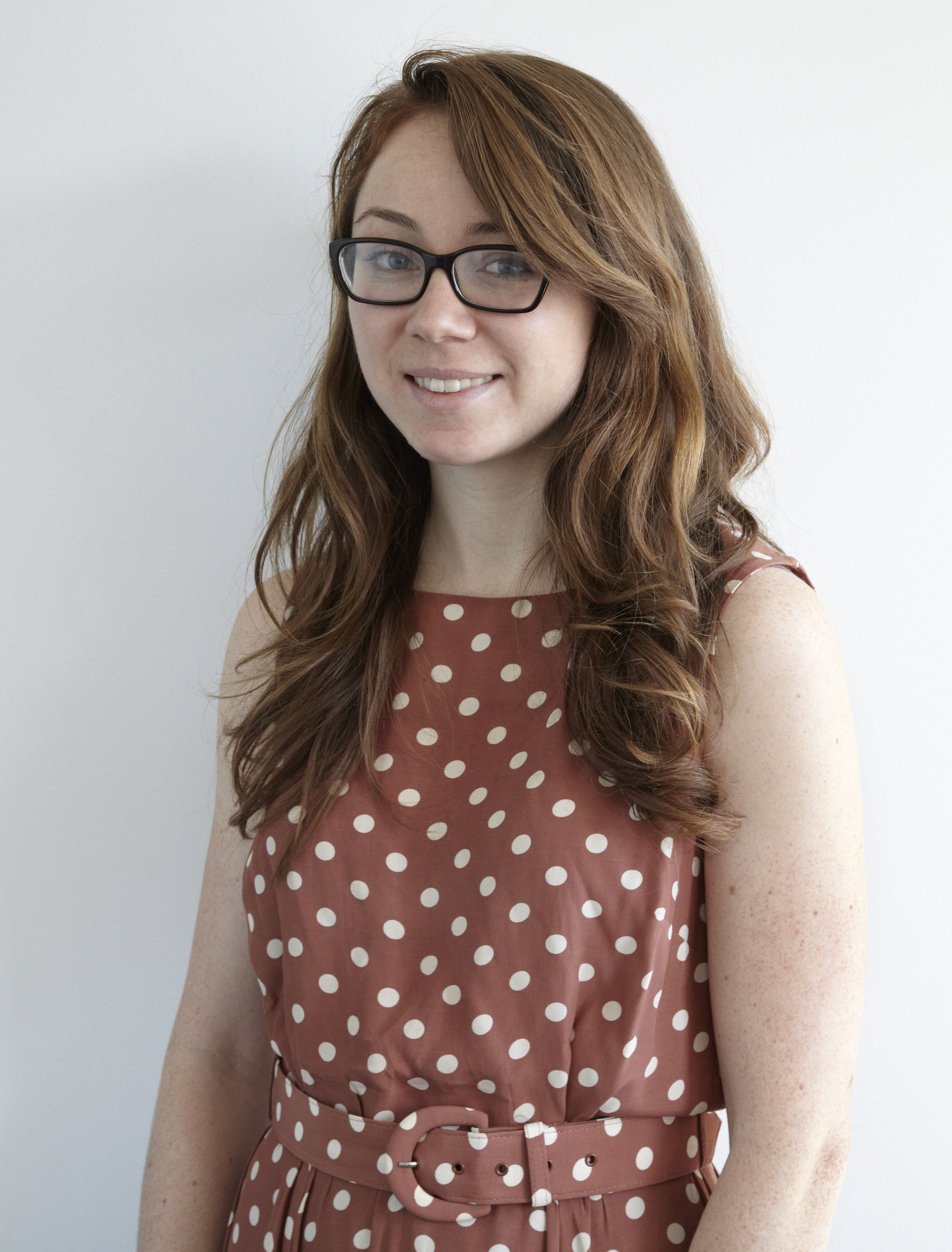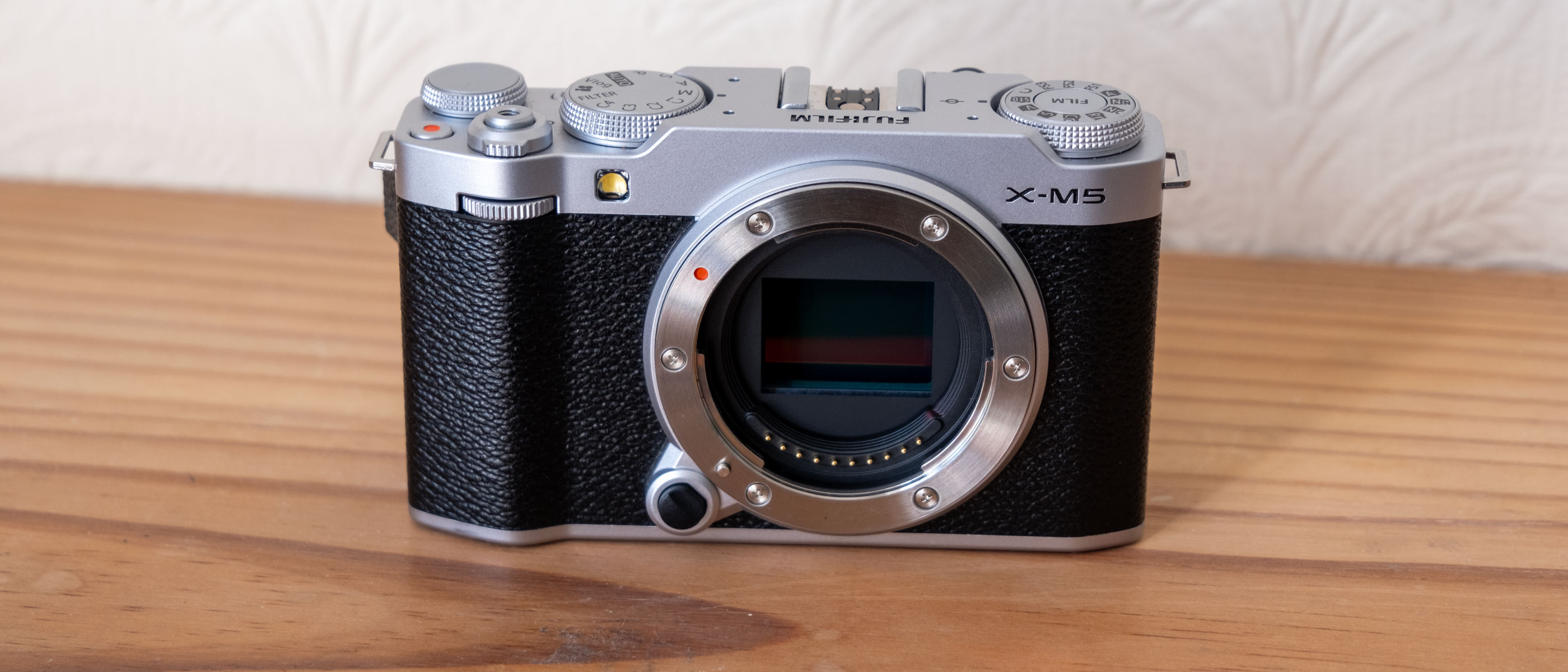Autonomous Rovers to Compete for $1.5 Million NASA Prize

Breaking space news, the latest updates on rocket launches, skywatching events and more!
You are now subscribed
Your newsletter sign-up was successful
Want to add more newsletters?

Delivered daily
Daily Newsletter
Breaking space news, the latest updates on rocket launches, skywatching events and more!

Once a month
Watch This Space
Sign up to our monthly entertainment newsletter to keep up with all our coverage of the latest sci-fi and space movies, tv shows, games and books.

Once a week
Night Sky This Week
Discover this week's must-see night sky events, moon phases, and stunning astrophotos. Sign up for our skywatching newsletter and explore the universe with us!

Twice a month
Strange New Words
Space.com's Sci-Fi Reader's Club. Read a sci-fi short story every month and join a virtual community of fellow science fiction fans!
NASA is ready to award $1.5 million in prizes next week for robotic rovers that can skillfully navigate mock alien terrain and collect samples all by themselves.
Today's robots exploring extraterrestrial landscapes, like the Mars rover Curiosity, have some autonomous capabilities, but they are largely dependent on directions from their handlers on Earth. NASA hopes a little competition will help spark innovations in autonomous navigation that could be used on future missions.
Eleven teams are set to participate in the space agency's 2013 Sample Return Robot Challenge, which takes place from June 5 to 7 at the Worcester Polytechnic Institute (WPI) in Worcester, Mass.
The rovers in the contest will have to pass rigorous testing to earn prize money. To get through Level 1, the robots will have 30 minutes to search for and retrieve an undamaged mock geological sample — such as a shoe box or tennis ball — that has previously been identified by the robot's computer, NASA officials said. The rovers that can complete that task successfully will move on to Level 2, in which the robots will have to autonomously return at least two undamaged samples to their starting platform within two hours.
Awards will be doled out based on the difficulty of the samples collected, with prizes ranging from 100,000 to $1.5 million, according to NASA.
In last year's challenge, no prize money was awarded. Only one team of six had met the requirements after robot inspections, and that rover failed to make it through Level 1. But NASA officials are hopeful that this year the competition will be fiercer.
"We have a lot of new competitors signed up," Sam Ortega, program manager of Centennial Challenges, which is managed by NASA's Marshall Space Flight Center in Huntsville, Ala., said in a statement. "Improving this technology will be a huge boon, not just to NASA and space exploration, but also for countless applications here on Earth."
Breaking space news, the latest updates on rocket launches, skywatching events and more!
The list of returning teams includes SpacePRIDE of Graniteville, S.C.; Survey of Los Angeles; Wunderkammer of Topanga, Calif.; Intrepid of Lynnwood, Wash.; and the University of Waterloo in Ontario, Canada.
The newbie competitors are: Fetch of Alexandria, Va.; Middleman of Dunedin, Fla.; Mystic Late Robots of The Woodlands, Texas; Team AERO of Worcester, Mass.; the Autonomous Rover Team of the University of California at Santa Cruz; and Kuukuglur of Estonia.
Follow SPACE.com on Twitter @Spacedotcom. We're also on Facebook and Google+. Original story on SPACE.com.

Megan has been writing for Live Science and Space.com since 2012. Her interests range from archaeology to space exploration, and she has a bachelor's degree in English and art history from New York University. Megan spent two years as a reporter on the national desk at NewsCore. She has watched dinosaur auctions, witnessed rocket launches, licked ancient pottery sherds in Cyprus and flown in zero gravity on a Zero Gravity Corp. to follow students sparking weightless fires for science. Follow her on Twitter for her latest project.
